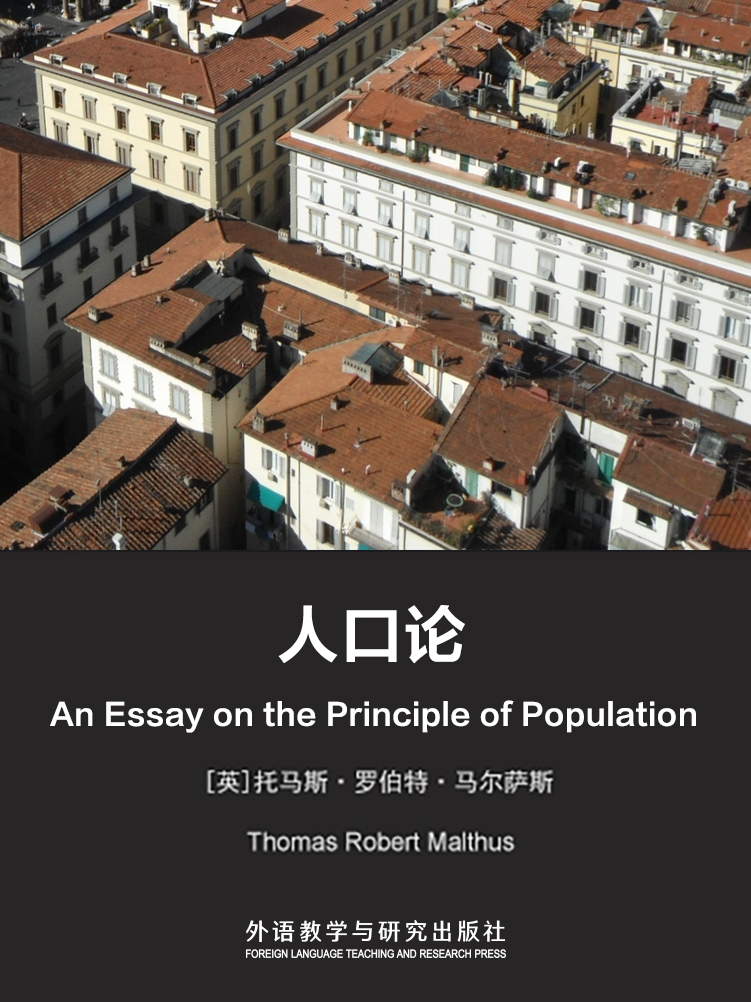昨天、今天和明天,我们将何去何从?
A key portion of the book was dedicated to what is now known as Malthus' Iron Law of Population. This name itself is retrospective, based on the iron law of wages, which is the reformulation of Malthus' position by Ferdinand Lassalle, who in turn derived the name from Goethe's "great, eternal iron laws" in Das Göttliche. This theory suggested that growing population rates would contribute to a rising supply of labour that would inevitably lower wages. In essence, Malthus feared that continued population growth would lend itself to poverty.
《人口学原理》于1798年由人口学家马尔萨斯发表,为政治经济学的经典之作。《人口学原理》的基本思想是: 1.如没有限制,人口是指数增长; 2.而食物供应呈现线性增长; 3.食物为人类生存的最重要之条件;4.只有自然原因(事故和衰老),灾难(战争,瘟疫,及各类饥荒),道德限制和罪恶(马尔萨斯所指包括杀婴,谋杀,节育和同性恋)能够限制人口的过度增长。马尔萨斯认为他的《人口学原理》是对人类过去和目前状况的解释,以及对我们未来的预测。
The book An Essay on the Principle of Population was first published in 1798 under the alias Joseph Johnson., but the author was soon identified as Thomas Robert Malthus. While it was not the first book on population, it has been acknowledged as the most influential work of its era. Its 6th edition was independently cited as a key influence by both Charles Darwin and Alfred Russel Wallace in developing the theory of natural selection.
- Preface
- CHAPTER 1
- CHAPTER 2
- CHAPTER 3
- CHAPTER 4
- CHAPTER 5
- CHAPTER 6
- CHAPTER 7
- CHAPTER 8
- CHAPTER 9
- CHAPTER 10
- CHAPTER 11
- CHAPTER 12
- CHAPTER 13
- CHAPTER 14
- CHAPTER 15
- CHAPTER 16
- CHAPTER 17
- CHAPTER 18
- CHAPTER 19
- 书评 写书评
- 笔记
-
书评加载中...























 京公网安备 11010802032529号
京公网安备 11010802032529号
笔记加载中...